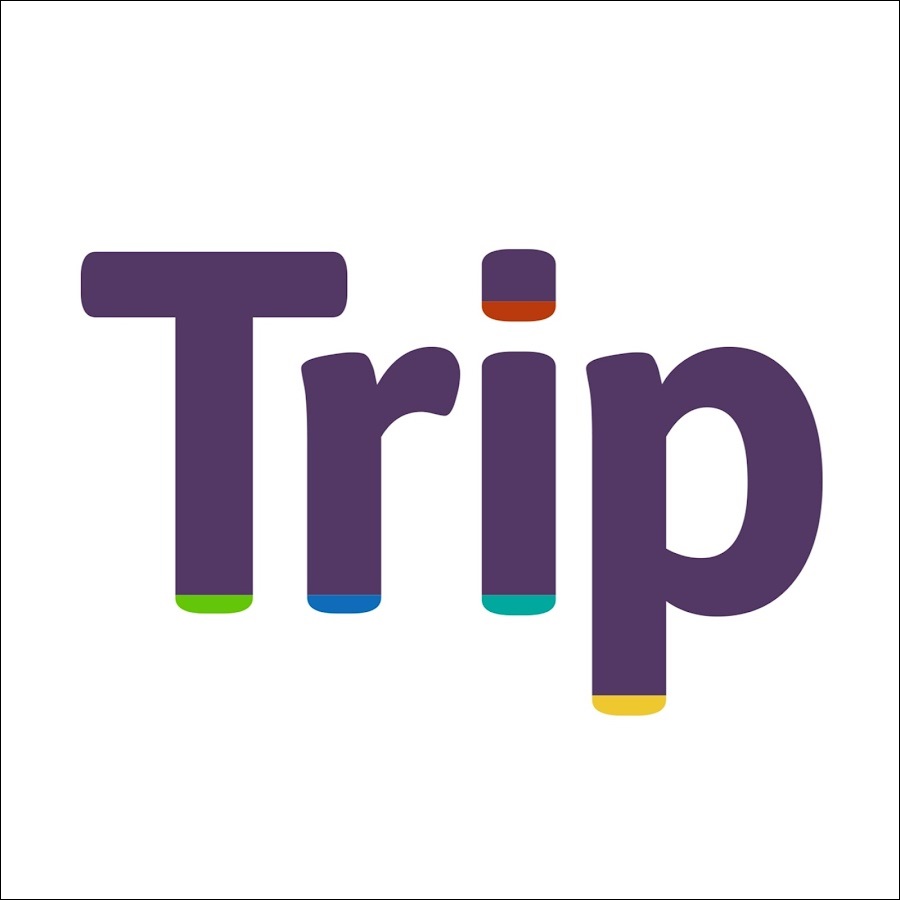
Guide index
 Library > Library guides > Databases > Trip Pro
Library > Library guides > Databases > Trip Pro
On this page

Features
If you're new to Trip and want to understand more of how to use the site, then watch this short video.
User accounts can be used to view your search history and view your marked/starred items.
 It is possible to save automated search terms in Trip Pro which forms the basis of a monthly update email.
It is possible to save automated search terms in Trip Pro which forms the basis of a monthly update email.
Please Note: These features require that the user have a user account in Trip Pro [see separate instructions].
An explanation of the Trip connected feature.
Access full-text using LibKey
If you have the LibKey browser extension installed, you can view and download full-text articles the college has access to via LibKey.
Look for the 'Full text via LibKey' icon next to the title.

How to Use Trip
The How to use Trip page has a selection of video tutorials, including:
Trip Information
The Trip About page outlines various information, including:
Quick links
About ANZCA
Copyright © Australian and New Zealand College of Anaesthetists.